12 Home Office Relics That Have No Place in 2025
The way we work has changed dramatically, and so should the tools we use in our home offices. Some items that once felt like staples now just take up space. By 2025, office setups should reflect our needs for simplicity and productivity. It is time to let go of the things that no longer serve us. Keep reading to see which outdated items deserve to be removed.
This post may contain affiliate links, which helps keep this content free. Please read our disclosure for more info.
Boxy Desktop Computers

Older desktop computers are now taking up unnecessary space in home offices. Their large size and slower speeds make them impractical for today’s fast-paced work environment. With the advancement of laptops and cloud storage, there is no need for bulky, outdated systems. Modern alternatives are lighter, faster, and more efficient, providing the same capabilities in a more compact design.
In 2025, flexibility and portability are key. Many people are opting for portable devices like laptops and tablets, which offer greater convenience. Keeping a bulky desktop computer only takes up precious space. It is time to make the switch to more efficient devices that suit the modern way of working.
Fax Machines
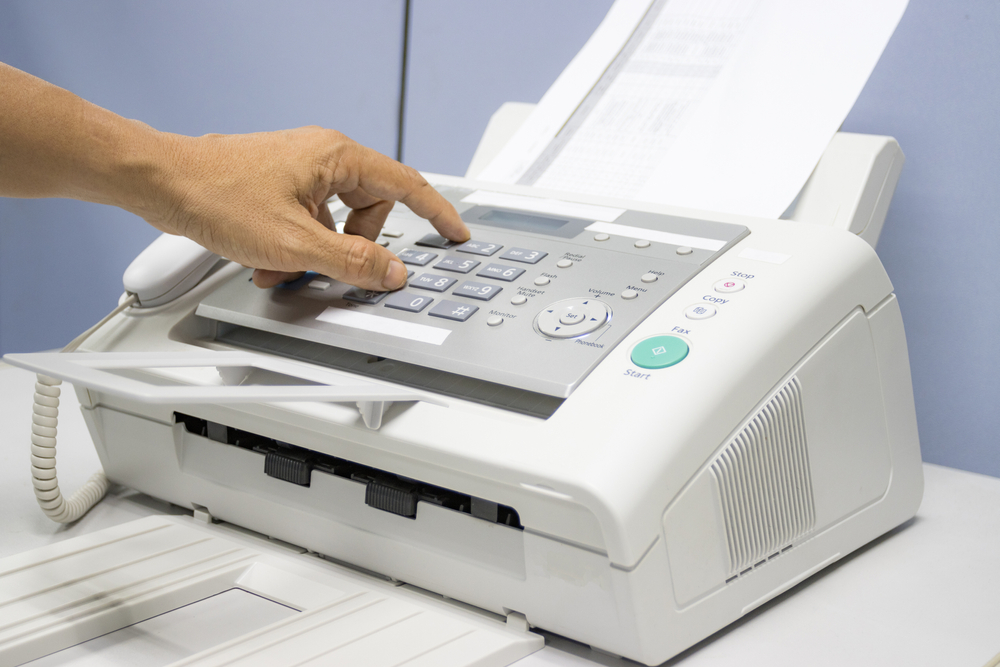
Fax machines were once a staple of business operations, but they are now obsolete. In today’s world, email and digital documents have made faxing unnecessary. Sending and receiving information can now be done instantly through more reliable methods. Retaining a fax machine only clutters up your office and adds to your expenses.
With the increase in digital communication, there is simply no reason to keep a fax machine around. Files and documents are easily shared through various online platforms, eliminating the need for this outdated tool. In 2025, it is time to leave the fax machine behind and embrace the digital age fully.
Paper Shredders
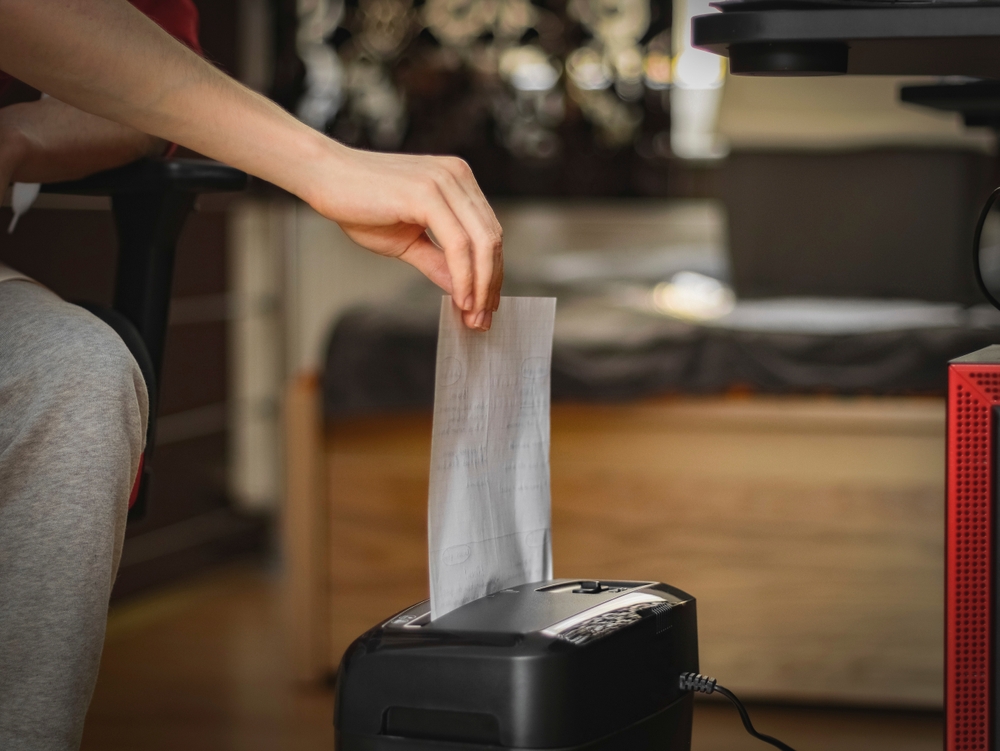
While paper shredders were once essential in the office for protecting sensitive information, they are now becoming less useful. With most documents being stored digitally, physical shredding is less of a priority. Cloud-based security systems and encrypted emails provide better protection for data without the need for constant shredding.
Moreover, paper shredders can be noisy, take up space, and require regular maintenance. Rather than shredding paper, it is much more efficient to store and manage documents digitally. In 2025, it is a better option to focus on digital solutions that save time and reduce clutter.
Rolodexes
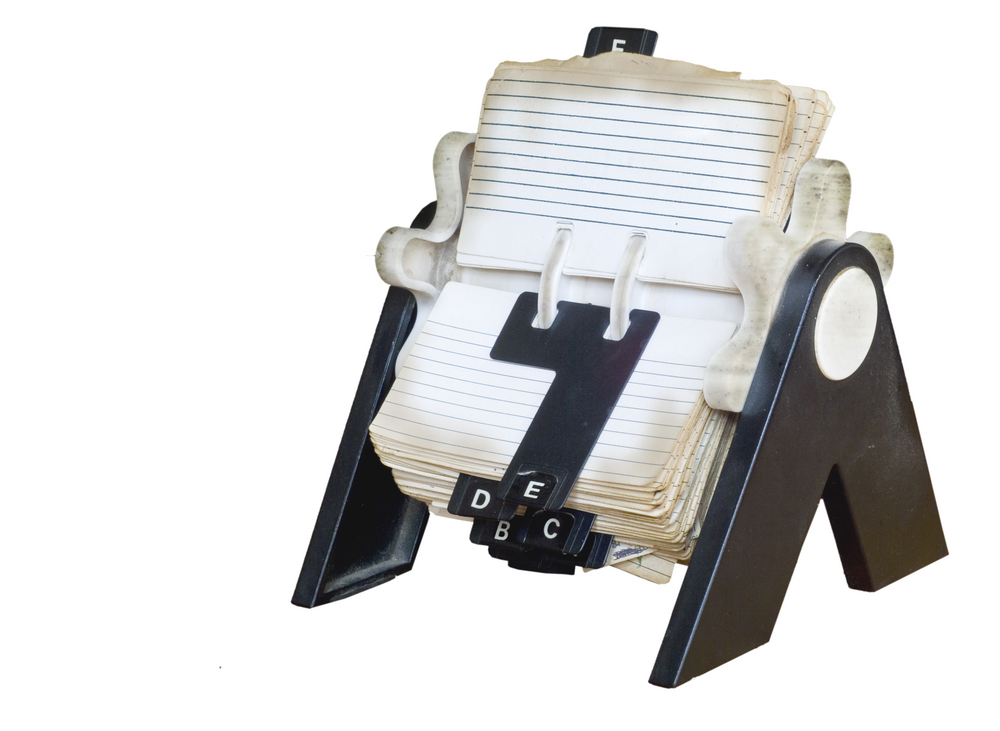
Rolodexes were once a common tool for storing contact information. However, in the digital age, contact management has become easier and more accessible through smartphones and computer software. Using a Rolodex is an inefficient way to store information that can now be quickly searched and updated with a few clicks.
In 2025, there is no reason to keep this outdated system on your desk. Digital contact management offers not only speed but also convenience and accessibility. Transitioning to a digital address book ensures your contacts are always organized and easy to reach.
Landline Phones

While landline phones were once standard in every office, their use has sharply declined. Today, cell phones and VoIP services provide more reliable, cost-effective, and flexible communication. Many people now use mobile phones for both work and personal calls, making a landline unnecessary.
In 2025, home offices can easily operate without a traditional landline. Digital communication methods, such as video conferencing and messaging apps, make staying connected far simpler. It is time to eliminate this relic and make use of modern communication solutions.
Bulky Printers
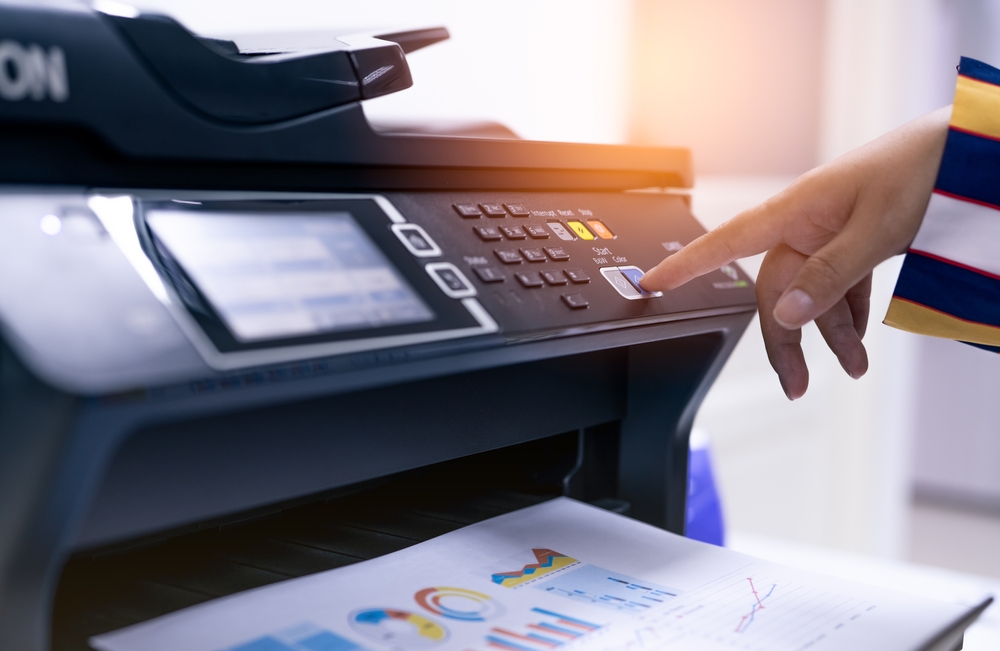
Older, bulky printers have become a thing of the past in modern home offices. With digital tools and cloud-based sharing, there is less of a need to print documents frequently. Even for documents that require signatures, electronic signatures and cloud-based solutions are more efficient.
In addition to taking up valuable space, large printers also consume energy and require regular maintenance. In 2025, it is more effective to use digital solutions for document management. A more efficient home office setup includes reducing physical clutter and focusing on paperless operations.
CRT Monitors
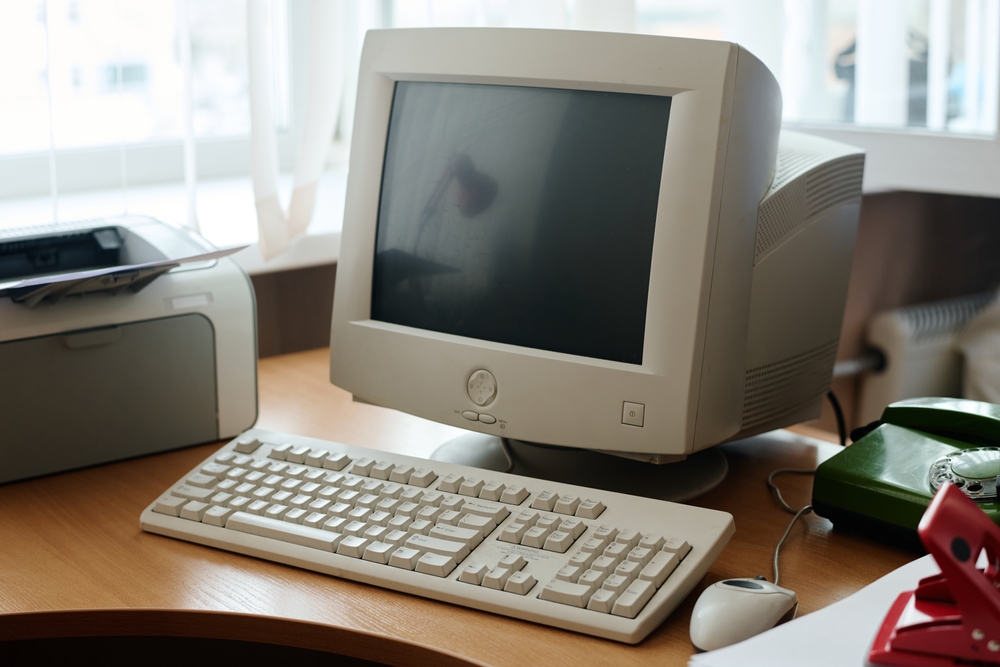
Cathode ray tube (CRT) monitors have long since been replaced by flat-screen LCD or LED displays. CRT monitors are bulky, take up unnecessary desk space, and often offer poorer image quality compared to modern alternatives. Today’s monitors are thinner, lighter, and provide higher resolutions for better work experiences.
In 2025, there is no reason to keep a CRT monitor in your home office. Modern displays not only look better but also take up less space and are more energy-efficient. Upgrading to a sleek flat-screen monitor will improve your workspace both visually and functionally.
Paper Filing Cabinets

The traditional paper filing cabinet is another relic that should be left behind in 2025. Physical filing cabinets take up valuable office space and require constant maintenance. Paper files can be easily misplaced, and accessing them is often time-consuming. Digital storage solutions have made paper filing cabinets almost obsolete.
With cloud storage and document management software, all your files are secure, easily accessible, and take up no physical space. In 2025, it is more practical and efficient to store everything digitally. Ditching the filing cabinet will not only clear up space but also make your office more organized and modern.
Staplers
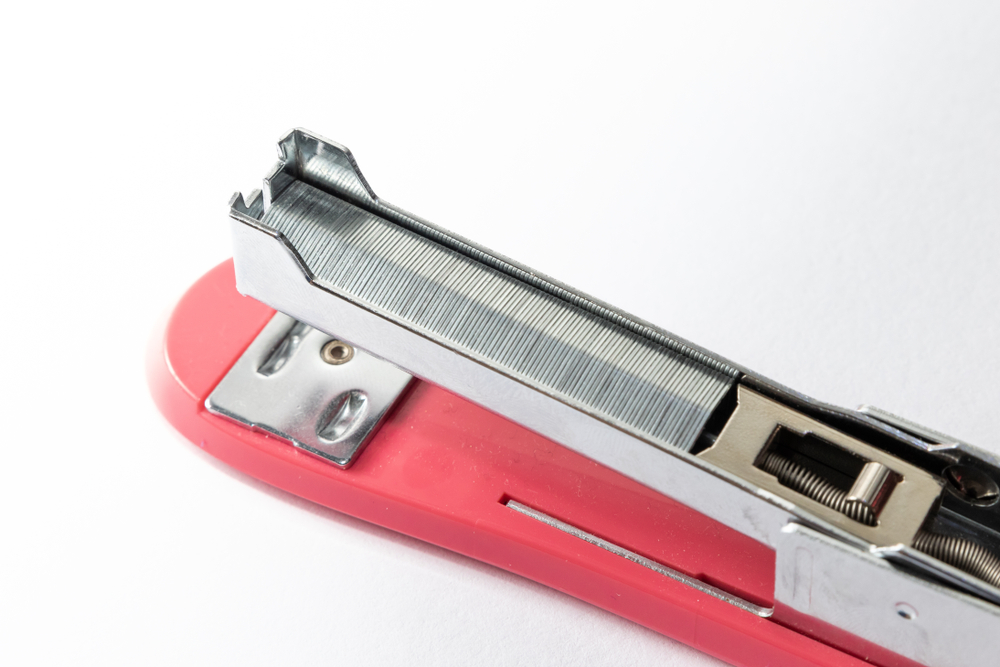
Staplers were once an essential office tool, but they are no longer necessary in the digital age. With most documents being shared electronically, there is little need to staple papers together. In fact, many modern offices are adopting paperless practices, which eliminate the need for any paper fasteners altogether.
Additionally, digital tools like PDFs and document editors make it easier to combine and organize documents without the hassle of physical staples. In 2025, it is time to remove this outdated tool from your desk and embrace a paperless, digital workflow.
Desk Clocks

Desk clocks were once a common fixture in home offices, but they have become less relevant today. With smartphones, computers, and other digital devices constantly displaying the time, a desk clock is redundant. Moreover, a clock takes up space on your desk that could be better used for more useful items.
In 2025, it is more practical to use your digital devices for timekeeping. With the ability to sync all your devices, you can easily manage your time without relying on a desk clock. It is time to eliminate this space-wasting item from your workspace.
Post-It Notes

Post-it notes were once a quick and convenient way to jot down reminders or sticky notes. However, they are no longer necessary in a modern office where digital tools can take their place. Apps and reminders on your smartphone or computer are far more effective at keeping you on track without cluttering your workspace with sticky notes.
In 2025, it is easier and more efficient to use digital tools for task management. Instead of filling your desk with random reminders, all your notes can be organized and accessed in one place. It is time to remove the post-it notes and embrace a more organized, digital approach.
Physical Calendars

The traditional wall or desk calendar is another item that no longer belongs in the home office. Digital calendars on your phone or computer can easily sync with other devices and offer automatic reminders. Physical calendars, on the other hand, take up space and require constant updating.
In 2025, there is no need for a physical calendar on your desk. Digital solutions offer far more flexibility and help keep your schedule organized without cluttering your workspace. Moving to an entirely digital calendar system makes your office more efficient and modern.
This article originally appeared on Avocadu.
